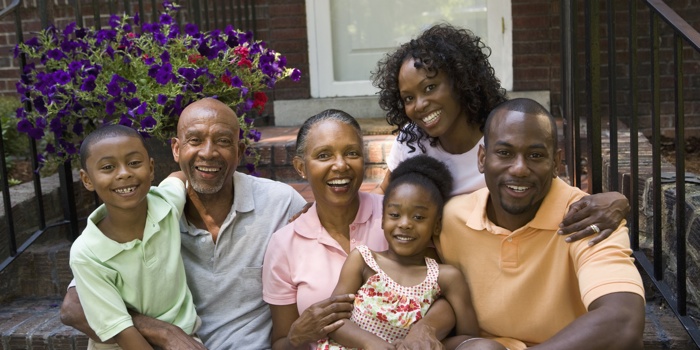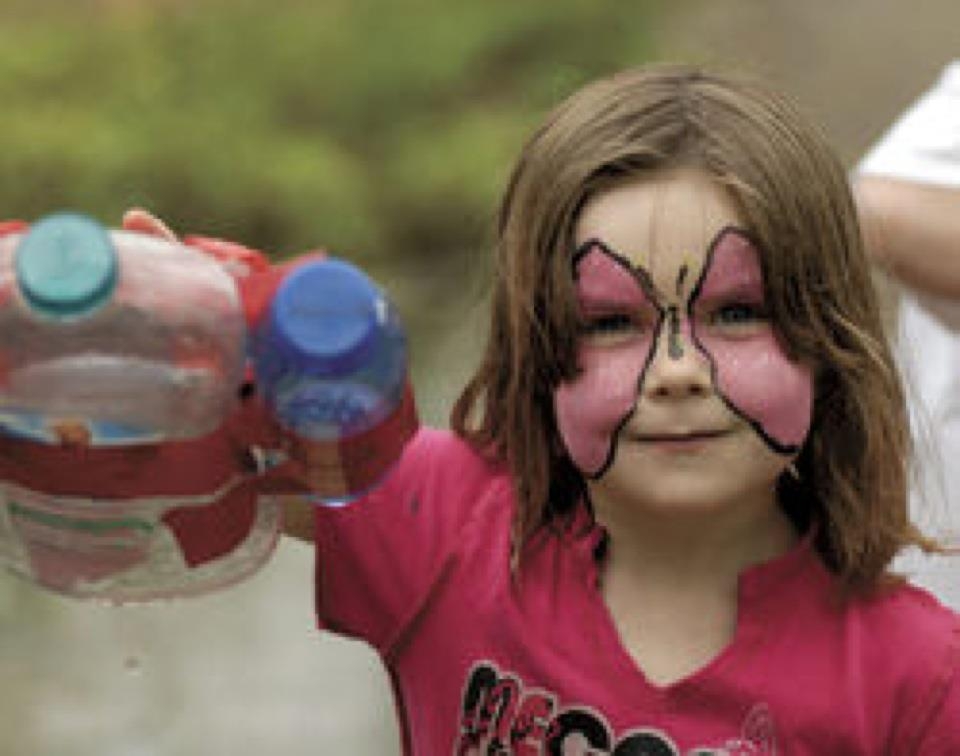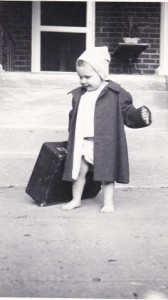Family as Caregivers

Family and kidney disease can be complicated. Actually family and most any disease can be complicated, but when dialysis is involved there are no rules.
I have been fiercely independent all my life. It is impossible for me to ask for help. Remember Fonzie when he tried to say he was sorry (I know I’m dating myself here)? Well, that’s me trying to ask for help.
With a GFR of 8 I drove myself to the nephrologist and from his office to the hospital where I a) got a catheter, b) received my first fistula surgery, and c) started dialysis. Five days later I drove myself home, and then, the next day, to dialysis at my nearby center.
The first week went by in a blur, but from the beginning I made it clear I wanted to be in charge of my own treatment. I asked questions, not to undermine the staff (as they originally thought) but to learn everything I could about what was happening to me.
I started dialysis in March, my fistula was ready by July 1, and I started home hemodialysis training July 21. It was overwhelming and grueling, but I persevered. The subject of HHD training is another blog. For now I am going to focus on the care partner requirement.
I have lived alone for over 30 years, and while I was an active caregiver to my grandchildren, I did not expect them to reciprocate. I am also the primary caregiver to my 90 year old mother, and did not expect her to reciprocate either.
So where would my care partner come from? I chose to hire my mom’s CNA, who worked mornings and evenings at my mom’s house. So that is where I set up shop, i.e. my home dialysis treatment room, with the intention that I would provide 99% of my treatment myself.
I admit, I did not have any idea how doing dialysis treatment at home would impact the family. For my daughter and 14 year old grandson, it was a constant reminder that Nana, who was indefatigable, might not be the rock of Gibralter that they assumed would always be there. They preferred to ignore my treatment altogether. My grandson’s best friend and frequent visitor, on the other hand, was fascinated. He referred to me as “vampire Nana”, and asked lots of questions.
But my eleven year old granddaughter took center stage, changing my catheter bandage, later taking out the needles, and even helping with emergency rinsebacks. Those first few week were rife with alarms and emergencies, even a call to 911, and yet she remained competent throughout, meeting each challenge head on, always cool, calm and collected.

The only drawback was her fees. When she found out that my clinic charged $100 per bandage change, she immediately raised her rate from $5 to $10. When I tried to negotiate with her, she calmly replied ” I don’t accept insurance!”
My six year old grandson also chose to ignore the entire dialysis process, except after the 911 incident, when he cautiously poked his head inside the door and said , “You O K?” When I answered yes, he calmly replied “well, yeah, cause else you be dead!”. I still laugh over that!
Every one of us is faced with a unique situation when we start dialysis, and no matter how hard we try, it impacts every family member in some way, whether it be rides to the clinic, dealing with the exhaustion, or being a full time care partner.
But herein lies the problem. Kidney disease is indiscriminate; it strikes the young, the old, the healthy, the infirm. Should your choice of treatment be limited by your choice in living arrangements? I would argue absolutely not.
I read on one blog where a father on dialysis spent hours each week receiving incenter treatments because he didn’t want to expose his young children to the reality of dialysis. People responded with pictures of their home dialysis set-ups, with pictures of them during treatment with kids and/or grandkids on their laps, or with their pets nearby. Children are resilient, and more than likely, the fear of the unknown (where does the parent mysteriously disappear to), is worse than being able to have that parent read a story or help with homework while hooked up to a machine.
I suggest that the best way to face dialysis is to incorporate it into your day-to-day life as best you can, respecting the boundaries that each family member(s) puts in place, and the modality that provides you with the best treatment possible. (Check out mydialysischoice.org ) It will be a learn as you go process.
For me, it did not work out doing treatments at my mom’s. The hub of activity with 3 grandchildren, my daughter who worked from home, and my 90 year old mother who was too demanding of her aide to permit her to assist me with my treatments (the few times I needed her). It was all too distracting. So I returned incenter for a respite, (see my blog appropriately titled “Respite” ).
Within 2 days I knew that I would not be returning to incenter for treatments permanently. The treatments spiked my blood pressure dangerously high, and never adequately removed the fluid. Should I be forced to endure less than adequate, and, in fact, possibly damaging treatments because I lived alone?
I moved the home dialysis equipment to my spare room and arranged for the aide to swing by between shifts to satisfy the care partner requirement.
Then something wonderful happened. Left alone to my own devices, I found that my treatments were running much more smoothly, and I was gaining confidence daily. Each stick of the needle became more accurate and easier, alarms were fewer and fewer, until I settled into a smooth and effortless routine. That, coupled with no longer being able to afford the aide, forced me to continue on my own, alone.
Don’t ask, don’t tell is my new policy. I knew too many people who were forced to return incenter because their care partner left. I simply refuse to accept that fate. If forced to abandon the many benefits I get from HHD, I will simply refuse to continue with dialysis.
I would never advocate that anyone try treatments on their own. But I think it is important that people on dialysis have the option to manage their own treatments, with additional training and proper safety precautions in place .
To do treatment on one’s own requires gaining a great deal of confidence, determination and knowledge, not just about the dialysis treatment process, or the machine, but about how the dialysis treatment affects you. You can see from the photo below that my fierce determination for independence started early in life. But that, my faithful readers, will be the subject of another blog, coming very soon. I promise.



Comments
Priscilla
Jun 22, 2021 2:40 AM
Thanks
Priscilla
Valamoor
Sep 24, 2020 5:47 PM
Jolyn linge
Aug 03, 2021 12:07 PM
Cheryl Phillips
Mar 14, 2019 1:39 AM
Dori Schatell
Feb 02, 2015 10:38 PM
sandra
Jan 25, 2015 9:12 PM
John Agar
Jan 22, 2015 10:41 PM